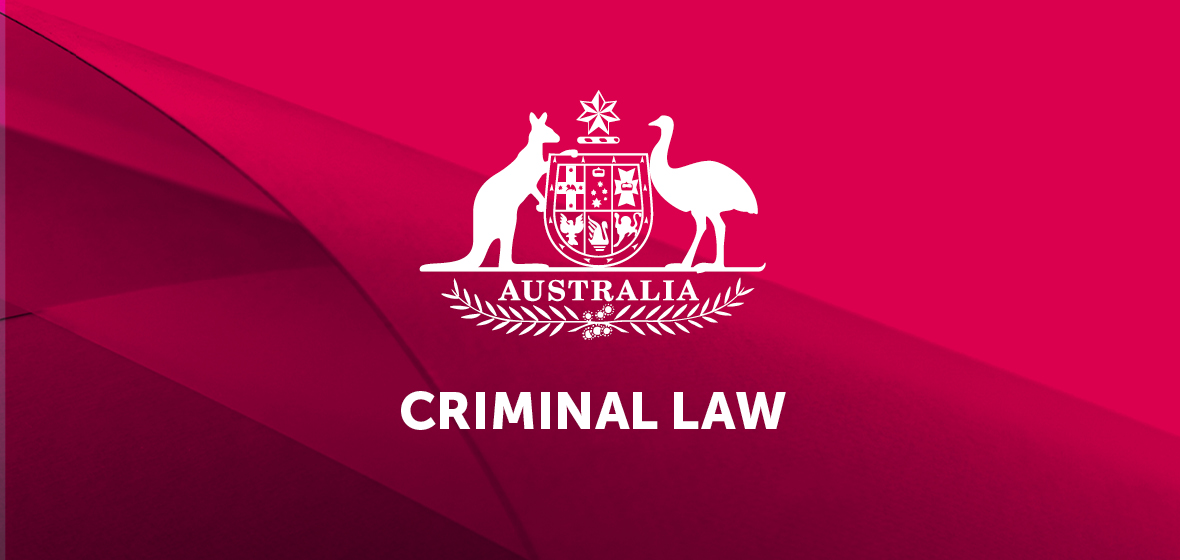Key decisions
- Osman v DPP (No 2) [2016] NSWSC 1222
- Kerr v R [2016] NSWCCA 218
Osman v DPP (No 2) [2016] NSWSC 1222
Indictable procedure in the Local Court – late election by the prosecution to deal with matters on indictment
What happens when the time has expired for the prosecution to elect for a matter to be dealt with on indictment, and so applies for an extension of time? In this decision by Campbell J (sitting alone), it was reinforced that the primary focus should be on the prosecution’s explanation for the delay.
The plaintiff faced five offences, of which only one was a Table 1 offence that could be dealt with on indictment (the rest were offences that could only be dealt with summarily). The prosecution were seeking to deal with that one Table 1 charge on indictment. Section 263(1) of the Criminal Procedure Act 1986 provides that an election must be made within a time fixed by the Local Court. The current time standards (to be found in Practice Note LC Crim 1) require the election decision to be made by no later than the first return date after a brief is ordered – in practical terms, that normally means the second mention of the matter in the Local Court.
In this case the prosecution announced its decision to elect about two weeks late, and the accused objected to that course. Section 263(2) provides that a late election can be made, with leave, if special circumstances exist.
The advocate for the prosecution explained from the bar table that the reason for the lateness was administrative error on the part of the Office of the DPP. The advocate for the accused, in reply, insisted on strict proof in relation to that explanation (ie formal evidence). The Deputy Chief Magistrate determined to grant leave (without formal evidence) – ostensibly for all charges, although only one of them was actually able to be dealt with on indictment.
On appeal, the plaintiff argued that it was a jurisdictional error to grant leave in all the matters, and challenged the Deputy Chief Magistrate’s decision about the finding that special circumstances justified the extension of time, particularly in circumstances where there was no formal evidence on the topic, and the evidence only disclosed (so it was argued) a summary offence of possession.
Campbell J found that, by oversight or inadvertence, the Deputy Chief Magistrate had granted leave for all charges, when there was only power to do so in relation to one charge (at [32]) – but this jurisdictional error was overcome by simply severing the orders for the four charges that could not have been the subject of an election (at [36]).
On the central point (whether leave should have been granted on the one charge where it was available), Campbell J found that the Deputy Chief Magistrate erred because he did not make the explanation for the delay the primary focus of the exercise of discretion (at [40]). Moreover, it was an error to rely on the informal explanation by the DPP solicitor appearing, albeit that it was an error of a variety that could not amount to jurisdictional
(ie appealable) error (at [49]).
Campbell J appeared to endorse the position that it would be sufficient (as far as evidence goes) if the senior lawyer with carriage for the DPP makes an unsworn statement about the reasons – but in this case the solicitor appearing was not that solicitor (at [48]). Nevertheless, in all the circumstances, there was ample evidence to support the grant of leave, including that the matters were very new, and the election only two weeks late (at [51)-[52]).
It was found that the alleged futility of the charge was irrelevant to this particular exercise: the evaluation of the evidence, and the decision to frame and prosecute the charge are almost invariably unreviewable decisions which are completely within the discretion of the prosecution (at [53]-[56]). For all those reasons, although the appeal was upheld in a technical sense (for the four charges inadvertently granted), it was substantially dismissed, and costs awarded against the plaintiff.




